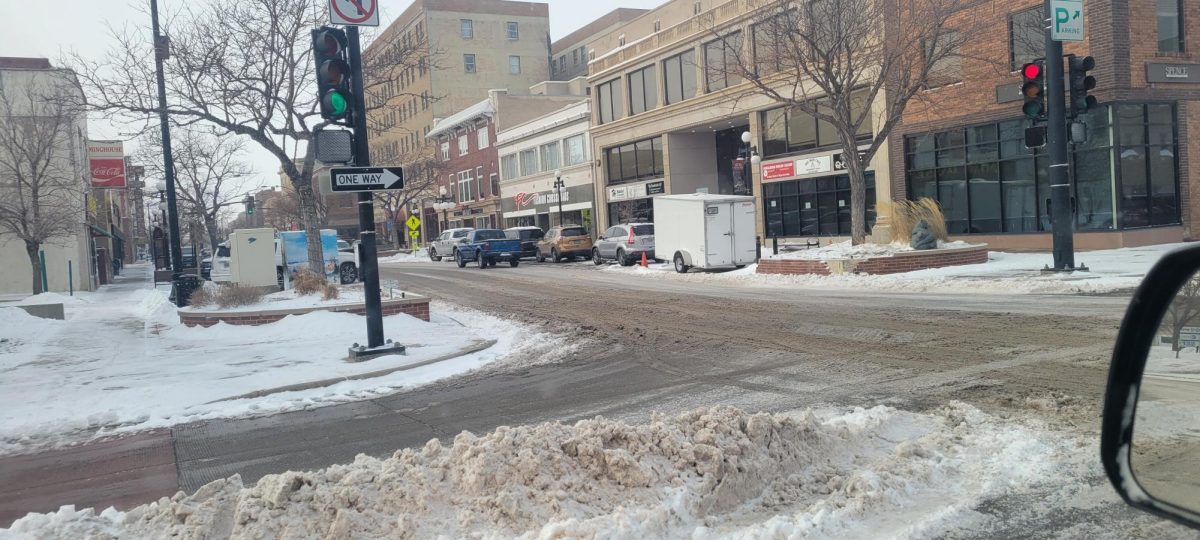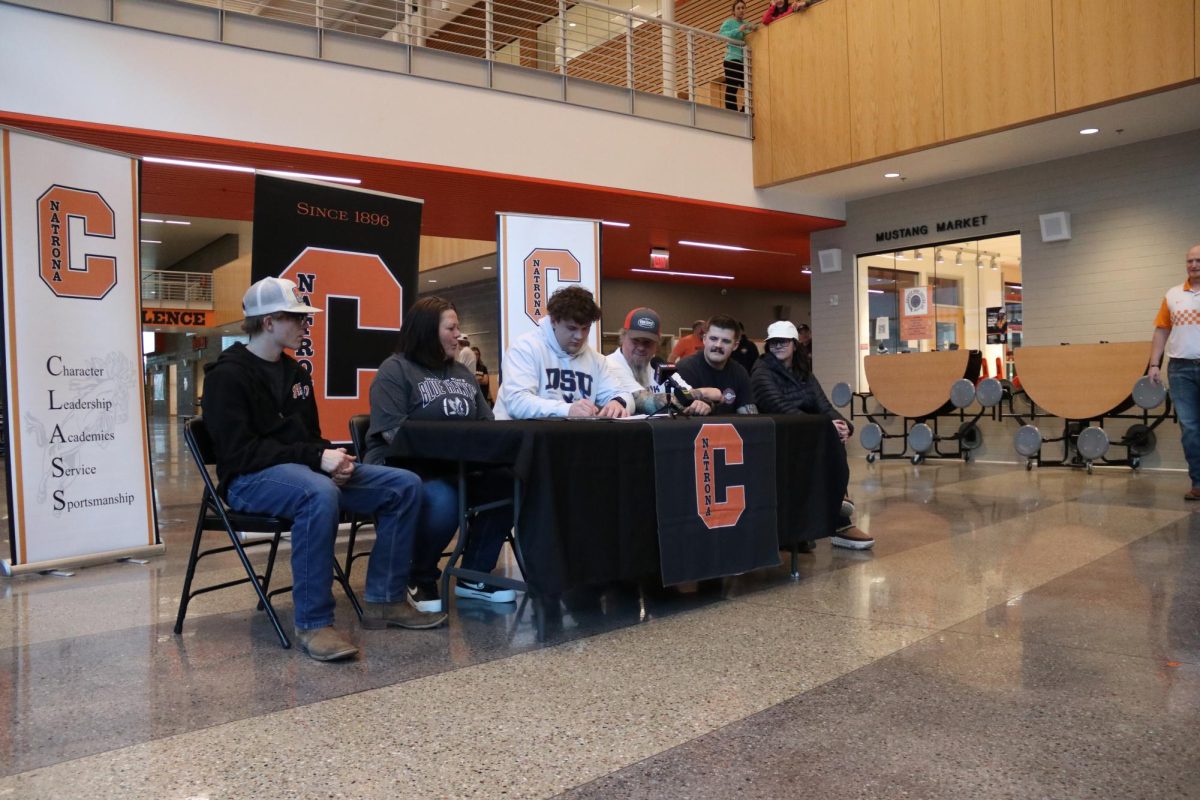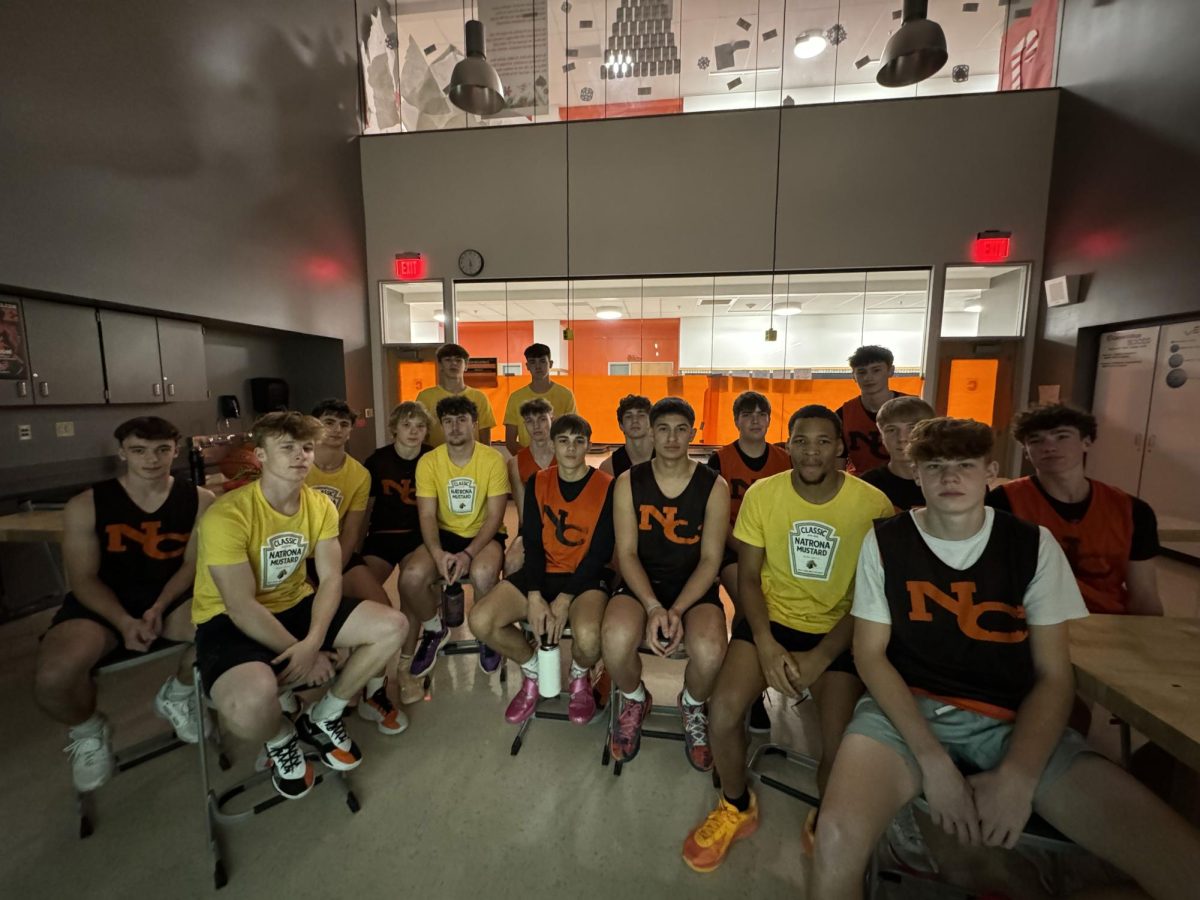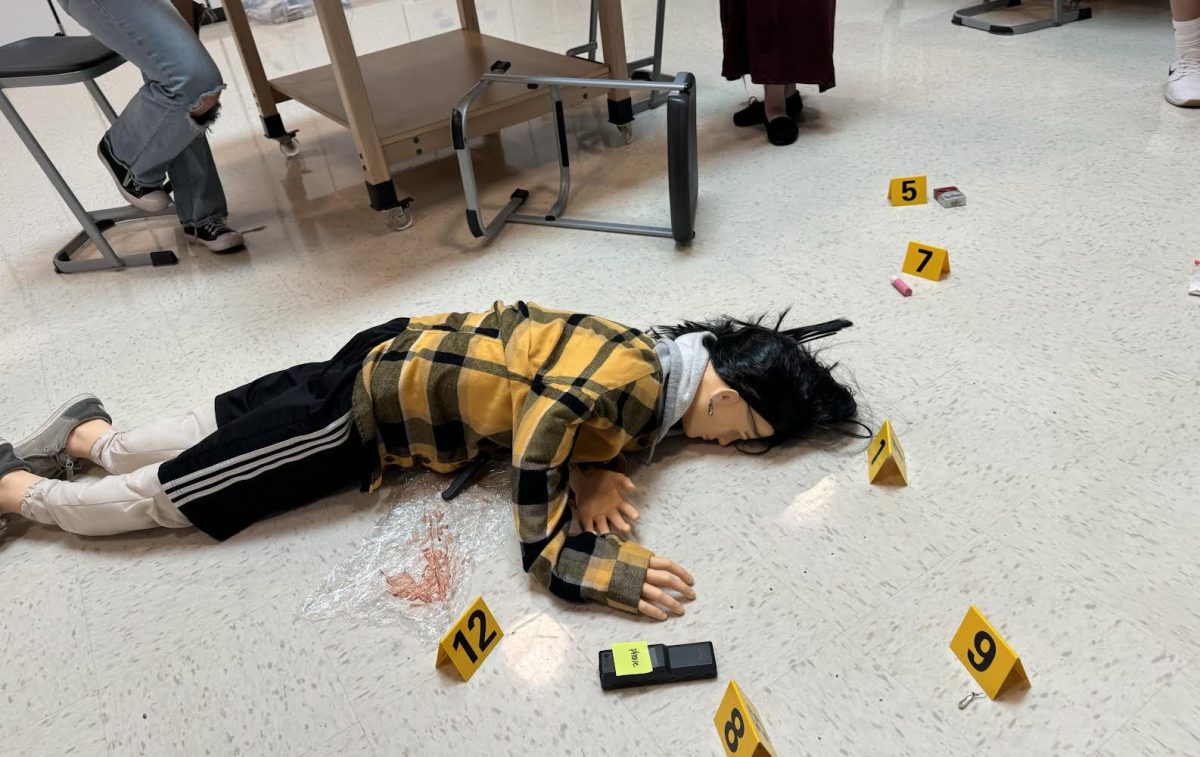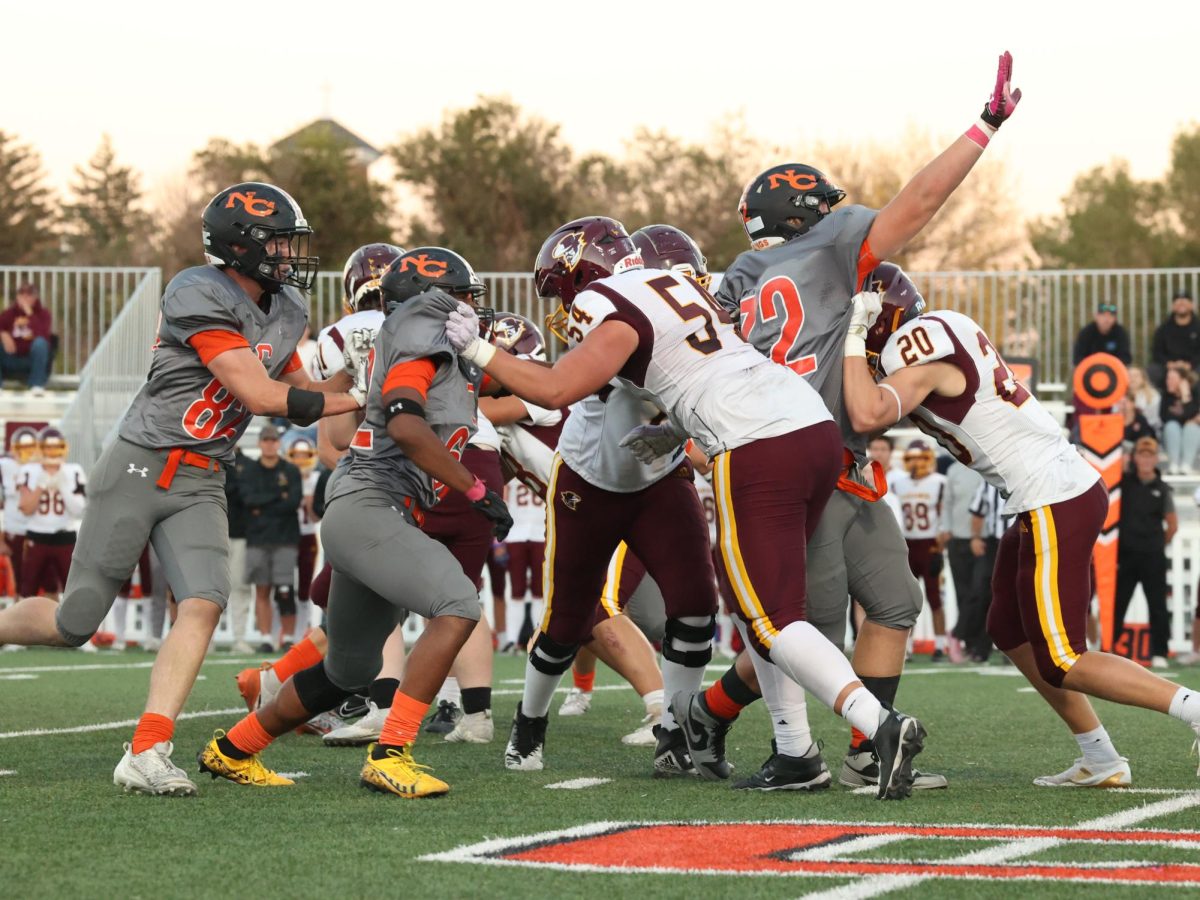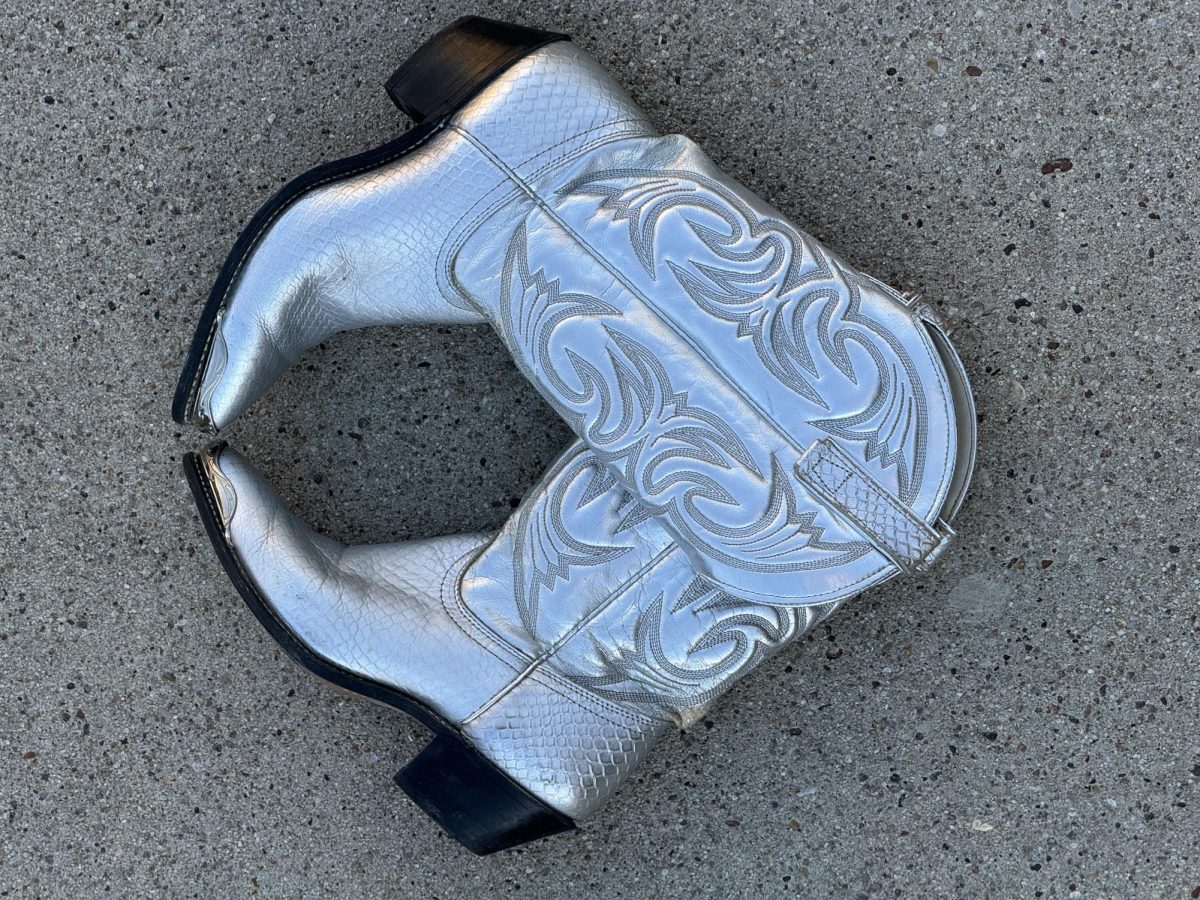The post-Thanksgiving calendar includes three important days for retail bargain hunters: Black Friday, Small Business Saturday, and Cyber Monday. What are the origins of Black Friday, and how are NC students preparing to take advantage of not only that day, but other shopping opportunities?
According to an archived page on visualthesaurus.com, the term Black Friday was first associated with shopping in the 1960’s, when post-Thanksgiving downtown shopping promotions in the city of Philadelphia led to severe street congestion. Local law enforcement dubbed the day “Black Friday.” Historians think the first printed reference to this name can be found in newspapers starting in 1975, and the phrase eventually came to represent the idea of retailers finally turning a profit, or being “in the black,” due to the sales bump on this busiest of shopping days.
Fast forward to today, and it seems that most young people tend to shy away from the crowded conditions of in-person retail shopping on Black Friday and prefer to do most of their buying online. “I window shop online,” explained senior Quinn Casner. “I’d rather stay at home.”
Retail statistics show that Casner’s preference is becoming more popular. According to retailboss.com, in-person shopping declined last year from 140 million to 132 million people, with 66% of consumers planning to look online during Cyber Monday for their holiday deals. A student survey found this trend also, with online preferences outweighing in-person two to one.
For those determined to avoid the rush and shop online, prices are also a factor. “I Black Friday shop online, because it’s cheaper, and I can save more money to buy other things,” said freshman Zoe Gottsch.
It is important to note, however, that brick-and-mortar stores will often price-match online offers, so it doesn’t hurt to ask.
According to the U.S. Small Business Administration, Small Business Saturday was started by the credit card company American Express in 2010 as “A day to celebrate and support small businesses and all they do for their communities.” Small businesses are typically thought of as brick-and-mortar businesses, many of them situated in downtown shopping areas, but that doesn’t mean these small businesses aren’t using technology to reach potential customers.
According to Investopedia, an interesting recent trend is developing that involves stores “blurring the lines” between in-person and online promotions. A local example of this trend can be found at The Mustard Seed, a specialty home decor shop located at 117 E. 2nd St. According to owner Sharla Norvelle, the brick-and-mortar business isn’t offering e-commerce but plans to drive holiday shoppers to its storefront through “advertisements on Instagram and Facebook.” The business is offering a percentage off sale, and some of their most popular sale items are candles, greeting cards, and a specialty cranberry cider.
Despite the promotional efforts put in by brick-and-mortar stores, it’s difficult for them to match the convenience of online shopping, especially considering that Casper was walloped with a significant winter blizzard Thanksgiving night, resulting in county-wide no unnecessary travel recommendations and icy, snow-covered conditions throughout town. No doubt the weather will affect downtown retail stores’ bottom lines as they begin to tally the results of what is supposed to be the biggest shopping day of the year.
If Black Friday isn’t your thing, go check out the craft fair at The Beacon in Mills, from 9:30am to 2:30pm on Friday.

